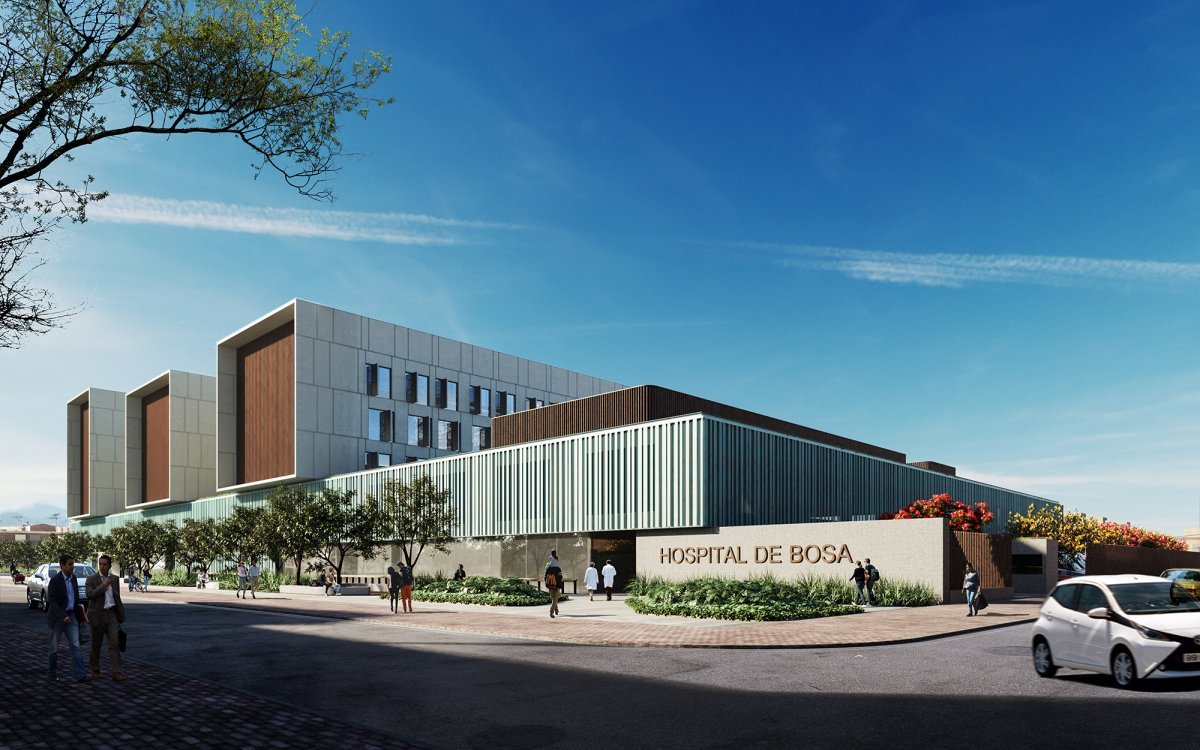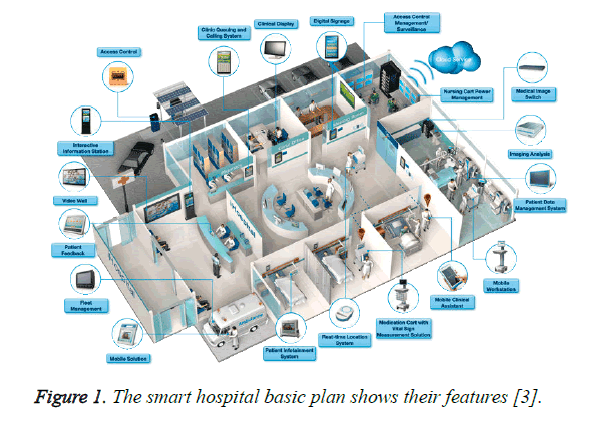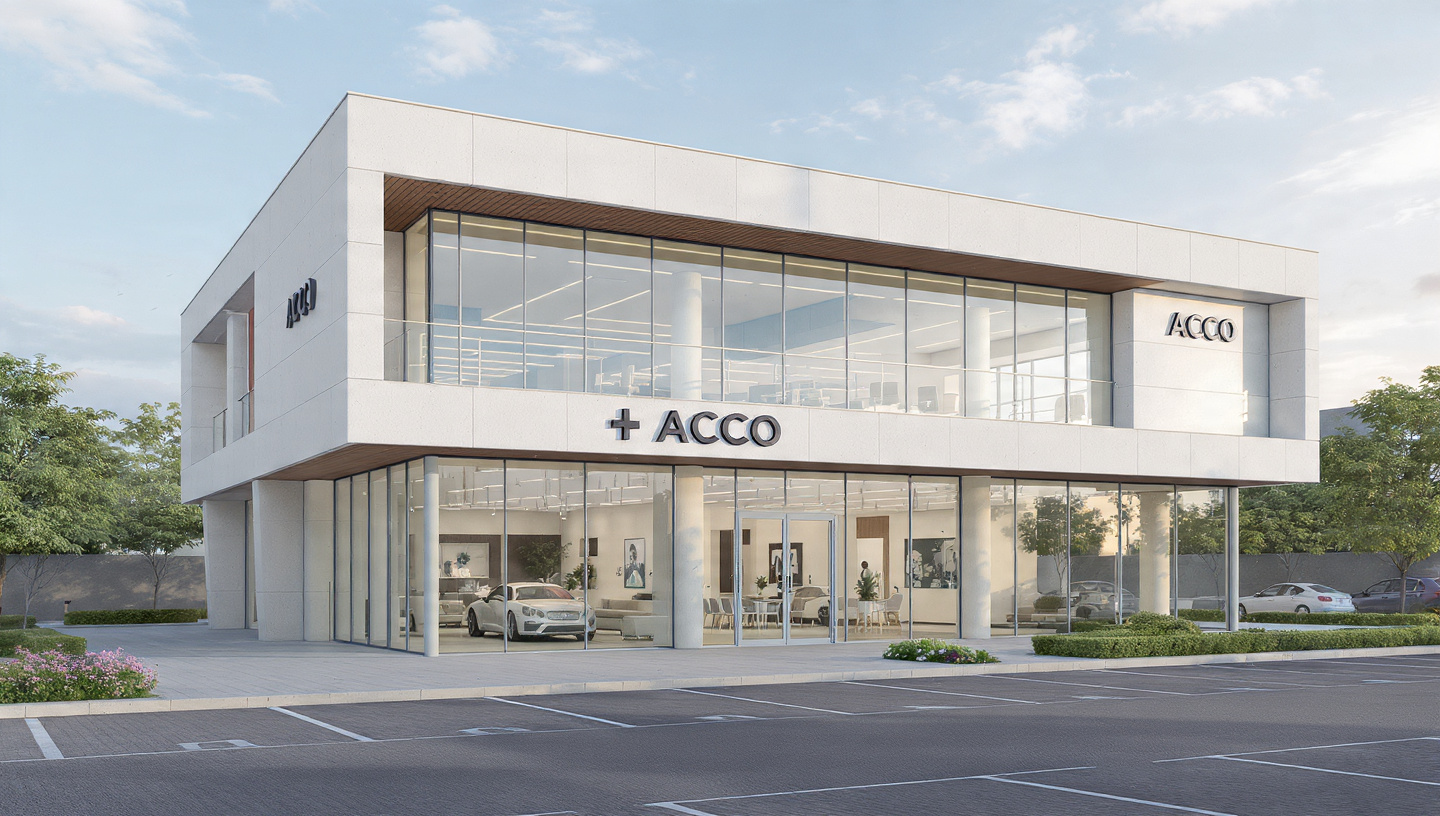Efficient Hospital Planning and Design: ACCO’s Expertise in Healthcare Spaces
The design and planning of a hospital go beyond aesthetics; it is about creating functional, efficient, and safe environments that enable the delivery of high-quality healthcare. In Pakistan, where healthcare infrastructure is rapidly developing, the demand for well-designed hospitals that cater to patient needs and operational efficiency has never been greater. ACCO Construction Company has emerged as a leader in providing hospital planning and design solutions, combining innovative architectural strategies with deep knowledge of healthcare operations.
ACCO’s expertise in hospital design focuses on creating spaces that are not only visually appealing but also highly functional and efficient. This article delves into ACCO’s approach to hospital planning and design, highlighting its role in shaping healthcare spaces that support patient care, improve staff workflows, and ensure compliance with international standards.
The Importance of Efficient Hospital Planning
The planning phase is critical in the development of a hospital. It lays the foundation for every aspect of the hospital’s operations, from patient care delivery to staff efficiency. An efficiently planned hospital minimizes operational bottlenecks, enhances patient experience, and allows for future growth and adaptation.
Key Factors in Hospital Planning
ACCO’s approach to hospital planning involves a careful assessment of several key factors:
- Patient Demographics and Needs: Understanding the types of patients the hospital will serve helps in designing appropriate facilities, departments, and services.
- Medical Specialties: ACCO tailors hospital layouts to accommodate various medical specialties, ensuring that departments such as surgery, radiology, and intensive care are optimally located for maximum efficiency.
- Operational Workflows: Efficient planning takes into account the flow of patients, staff, and materials within the hospital to minimize disruptions and delays.
- Future Expansion: Hospitals must be designed with scalability in mind. ACCO ensures that hospitals are built with the flexibility to expand or adapt to new technologies, growing patient numbers, and evolving healthcare practices.
By addressing these factors during the planning stage, ACCO helps hospitals create spaces that are well-organized, patient-friendly, and capable of delivering high-quality care.
ACCO’s Strategic Approach to Hospital Design
ACCO’s design philosophy is centered around creating healthcare spaces that promote healing, efficiency, and adaptability. Their design process integrates evidence-based design principles, focusing on improving patient outcomes through thoughtful architecture and facility management.
Patient-Centered Design
Patient comfort and well-being are at the core of ACCO’s hospital designs. By incorporating patient-centered design elements, ACCO ensures that healthcare environments are conducive to healing. This includes creating calming spaces with natural light, reducing noise levels, and providing comfortable waiting areas for patients and their families.
For example, ACCO may design patient rooms with large windows that allow natural light to flood in, creating a soothing environment for recovery. Additionally, they focus on providing private spaces to promote patient dignity and privacy, which are essential for a positive patient experience.
Streamlined Staff Workflows
In addition to enhancing patient comfort, ACCO designs hospitals to optimize staff workflows. Efficient layouts reduce the time staff spend moving between departments and allow them to focus more on patient care. ACCO works closely with hospital administrators and medical staff to understand their daily routines and design spaces that facilitate these workflows.
For instance, nursing stations are strategically placed to ensure that nurses can quickly reach patient rooms, while centralized diagnostic services reduce the time patients spend moving between departments for tests or procedures. This not only improves efficiency but also enhances patient safety by reducing potential delays in care.
Technology Integration
Modern hospitals rely heavily on technology, and ACCO’s designs are built to accommodate the latest medical equipment and digital systems. From surgical suites equipped with cutting-edge technology to telemedicine capabilities that allow remote consultations, ACCO ensures that hospitals are ready for the future of healthcare.
ACCO also incorporates advanced building information modeling (BIM) into its design process, allowing for precise planning of equipment placement, wiring, and infrastructure. This ensures that hospitals can easily integrate new technologies as they become available, without the need for costly renovations.
Sustainable Design Practices
Sustainability is a growing concern for hospitals, which consume large amounts of energy and resources. ACCO’s hospital designs prioritize energy efficiency and sustainable building practices, helping hospitals reduce their environmental footprint while lowering operational costs.
ACCO incorporates features such as energy-efficient HVAC systems, water conservation measures, and eco-friendly building materials to create hospitals that are both environmentally responsible and cost-effective. Additionally, they integrate natural ventilation and green spaces into their designs, further enhancing the healing environment for patients while promoting sustainability.
Hospital Space Planning: Creating Functional and Adaptable Environments
Effective space planning is a crucial aspect of hospital design. ACCO’s expertise in space planning ensures that hospitals make the most of their available space while maintaining flexibility for future growth.
Zoning and Departmental Layouts
Hospitals are complex environments that require careful zoning to ensure efficient operations. ACCO designs hospitals with zoned areas for different functions, such as patient care, diagnostics, surgery, and administration. This ensures that departments are located in proximity to related services, reducing the need for patients and staff to move long distances within the facility.
For example, emergency departments are strategically placed near radiology and surgery to ensure rapid access to critical services. Similarly, outpatient clinics are located near entrances to facilitate easy patient access without disrupting inpatient services.
Modular and Flexible Design
The healthcare industry is constantly evolving, and hospitals must be able to adapt to new technologies, treatments, and patient needs. ACCO incorporates modular design principles into its hospital spaces, allowing hospitals to easily reconfigure or expand their facilities as required.
For instance, modular operating rooms can be adapted to accommodate new surgical technologies or procedures. Likewise, patient wards can be reconfigured to handle different patient volumes or specialized care needs. This flexibility ensures that hospitals remain functional and efficient, even as their needs change over time.
Maximizing Space Efficiency
ACCO’s space planning ensures that every square foot of the hospital is used efficiently. This includes designing multi-functional spaces that can serve different purposes at different times, such as conference rooms that can be used for both staff meetings and patient education seminars. By maximizing space efficiency, ACCO helps hospitals reduce construction costs and ensure that their facilities can handle growing patient numbers.
Compliance with International Healthcare Standards
Hospitals in Pakistan must adhere to a range of local and international standards to ensure that they provide safe, high-quality care. ACCO’s designs comply with the strict guidelines set by global organizations such as the World Health Organization (WHO) and Joint Commission International (JCI).
Infection Control and Safety Protocols
One of the key areas where compliance is critical is infection control. ACCO designs hospitals with infection control measures in mind, ensuring that spaces such as isolation rooms, clean rooms, and operating theaters are equipped with the necessary ventilation, sterilization, and safety systems to minimize the risk of hospital-acquired infections (HAIs).
In addition, ACCO incorporates antimicrobial materials into high-touch surfaces such as door handles, countertops, and handrails, further reducing the risk of infection transmission within the hospital.
Fire Safety and Emergency Preparedness
Safety is a top priority in hospital design, and ACCO ensures that its designs meet fire safety regulations and other emergency preparedness guidelines. This includes incorporating fire-resistant materials, smoke detection systems, and emergency exits into hospital layouts, as well as designing evacuation plans that ensure the safety of patients and staff in case of an emergency.
Why ACCO is a Leader in Hospital Planning and Design in Pakistan
ACCO’s reputation as a leading hospital planning and design firm in Pakistan is built on its ability to deliver innovative, efficient, and patient-centered solutions. Here’s why ACCO is trusted by healthcare providers across the country:
- Tailored Solutions: ACCO customizes its designs to meet the unique needs of each hospital, ensuring that every facility is optimized for patient care and operational efficiency.
- Expertise in Healthcare Architecture: With years of experience in healthcare design, ACCO understands the complexities of hospital operations and creates spaces that enhance both patient and staff experiences.
- Sustainable and Future-Proof Designs: ACCO’s designs focus on sustainability and scalability, ensuring that hospitals are prepared for future growth and technological advancements.
- Compliance with International Standards: ACCO ensures that its hospital designs meet the highest standards of safety, infection control, and patient care, ensuring compliance with global healthcare regulations.
Conclusion
ACCO Construction Company’s expertise in hospital planning and design has positioned it as a trusted partner for healthcare providers across Pakistan. By creating efficient, patient-centered, and sustainable healthcare spaces, ACCO helps hospitals deliver better care while optimizing operational efficiency. Whether you are planning a new hospital or looking to upgrade an existing facility, ACCO’s strategic approach to design ensures that your hospital will meet the demands of modern healthcare while remaining adaptable for future needs.




